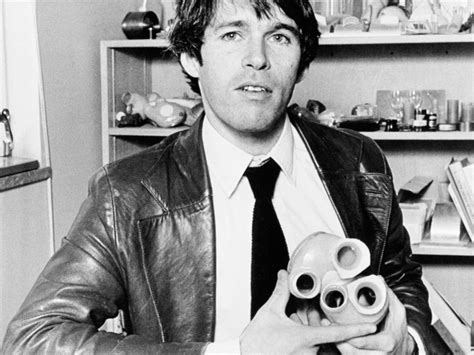A Quote by Joshua Lederberg
I was a bad practicing physician because I was never sure of the diagnosis or of the treatment.
Related Quotes
During the summer months of my high-school years, I befriended Dr. Robert Kough, a physician who cared for members of my family. Although he was practicing general medicine in a rural community when I met him, he was well equipped to arouse in me an interest not only in the life of a physician but in the fundaments of human biology.
When a physician is called to a patient, he should decide on the diagnosis, then the prognosis, and then the treatment. ... Physicians must know the evolution of the disease, its duration and gravity in order to predict its course and outcome. Here statistics intervene to guide physicians, by teaching them the proportion of mortal cases, and if observation has also shown that the successful and unsuccessful cases can be recognized by certain signs, then the prognosis is more certain.
And it has been sarcastically said, that there is a wide difference between a good physician and a bad one, but a small difference between a good physician and no physician at all; by which it is meant to insinuate, that the mischievous officiousness of art does commonly more than counterbalance any benefit derivable from it.




































